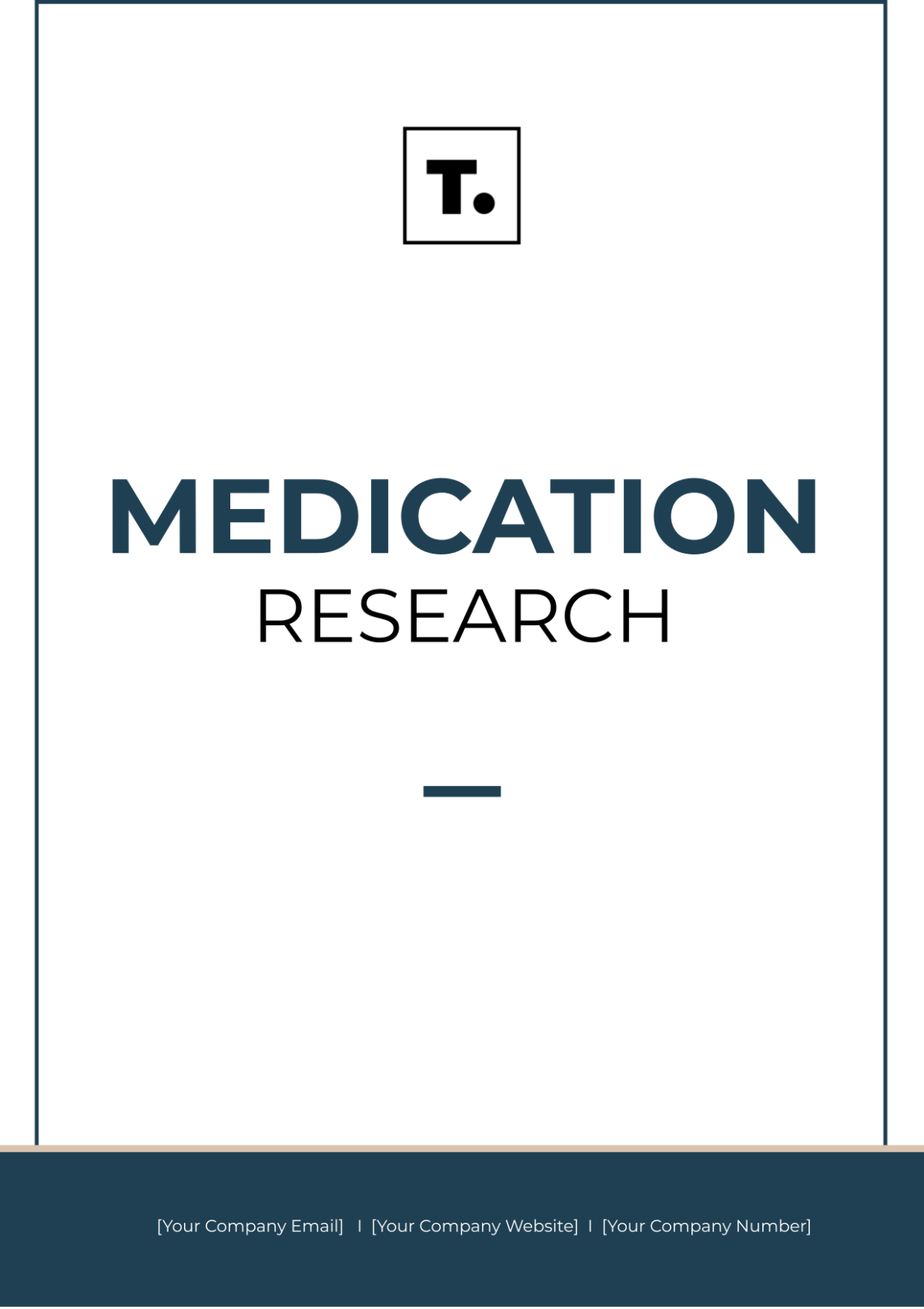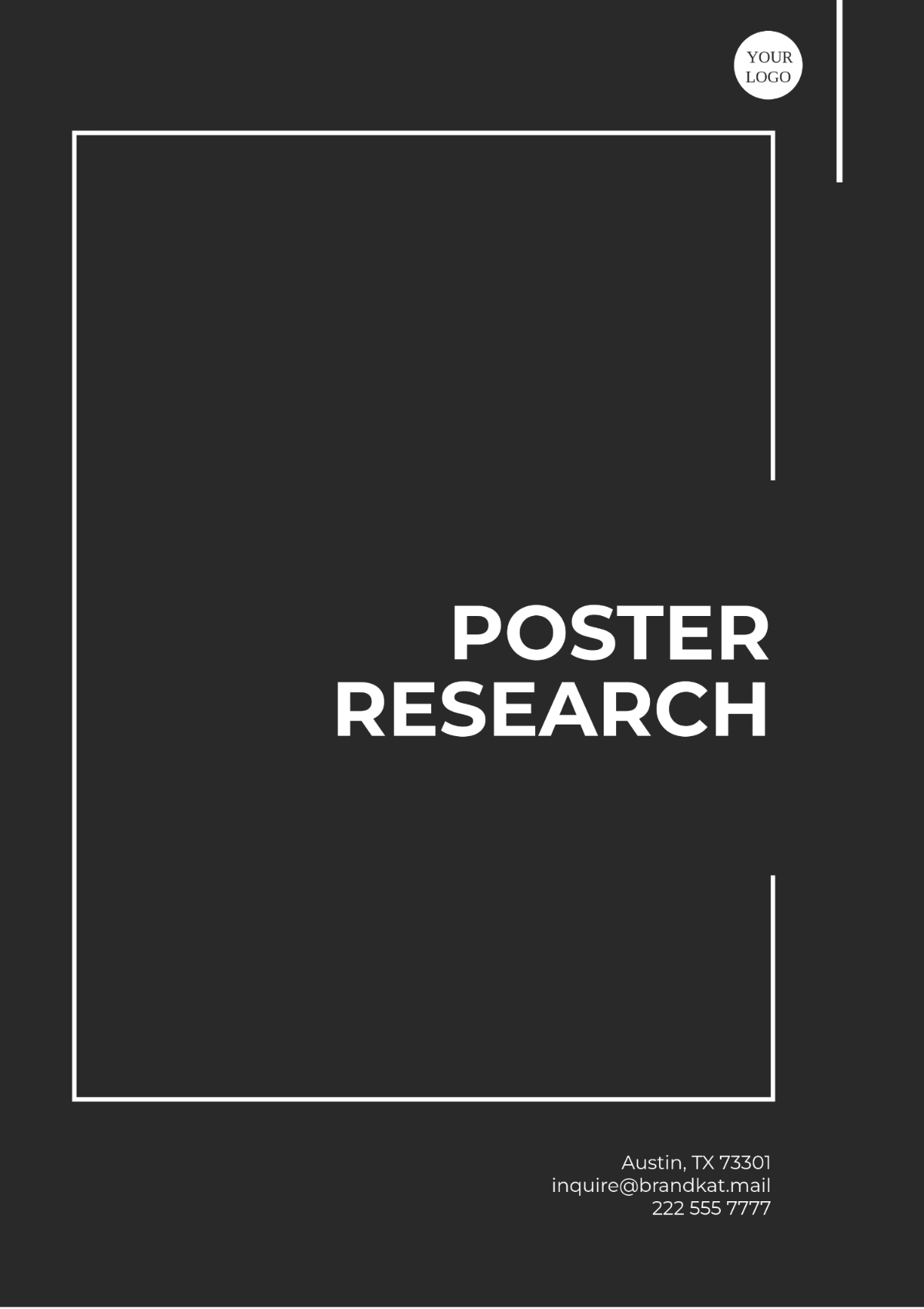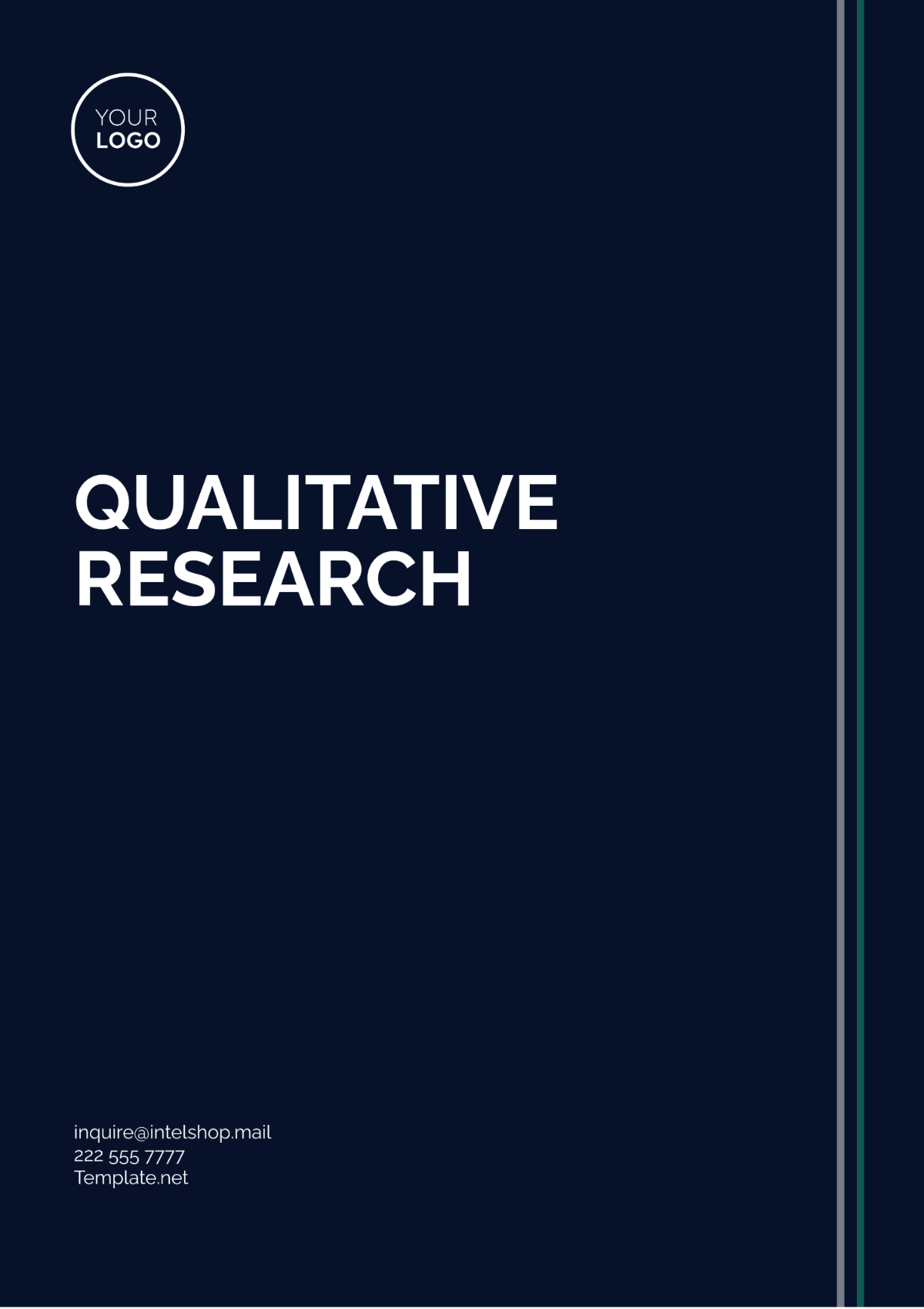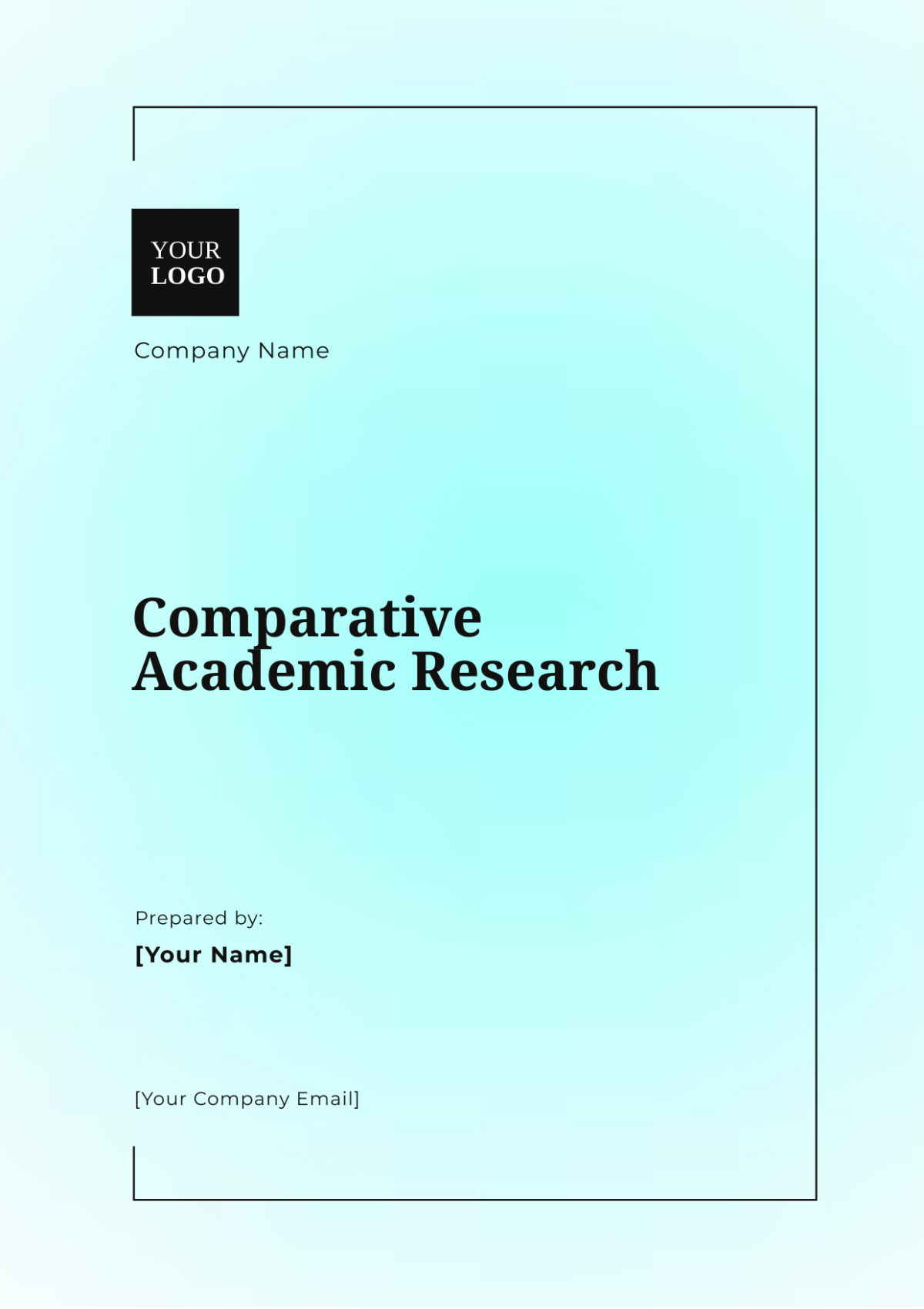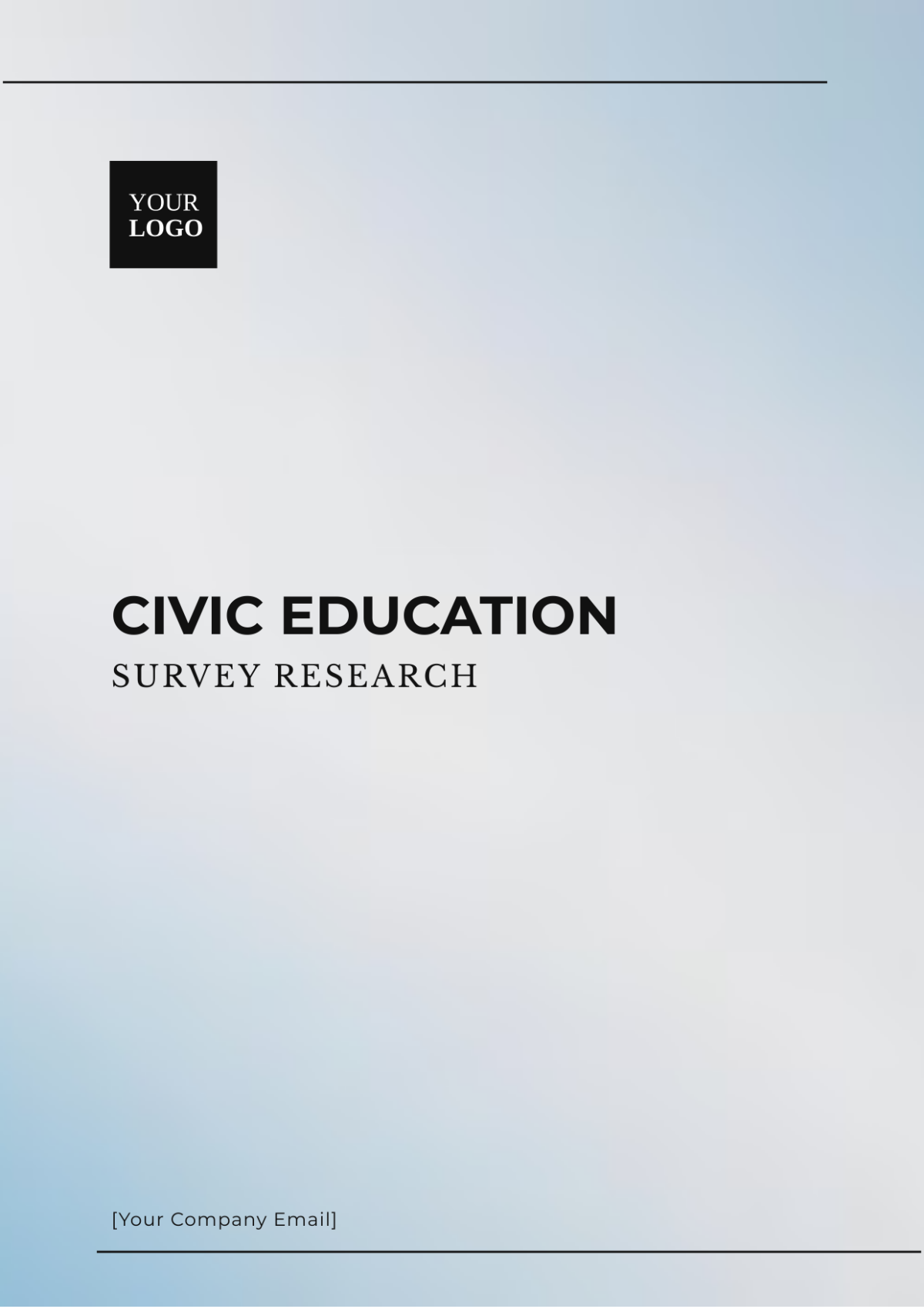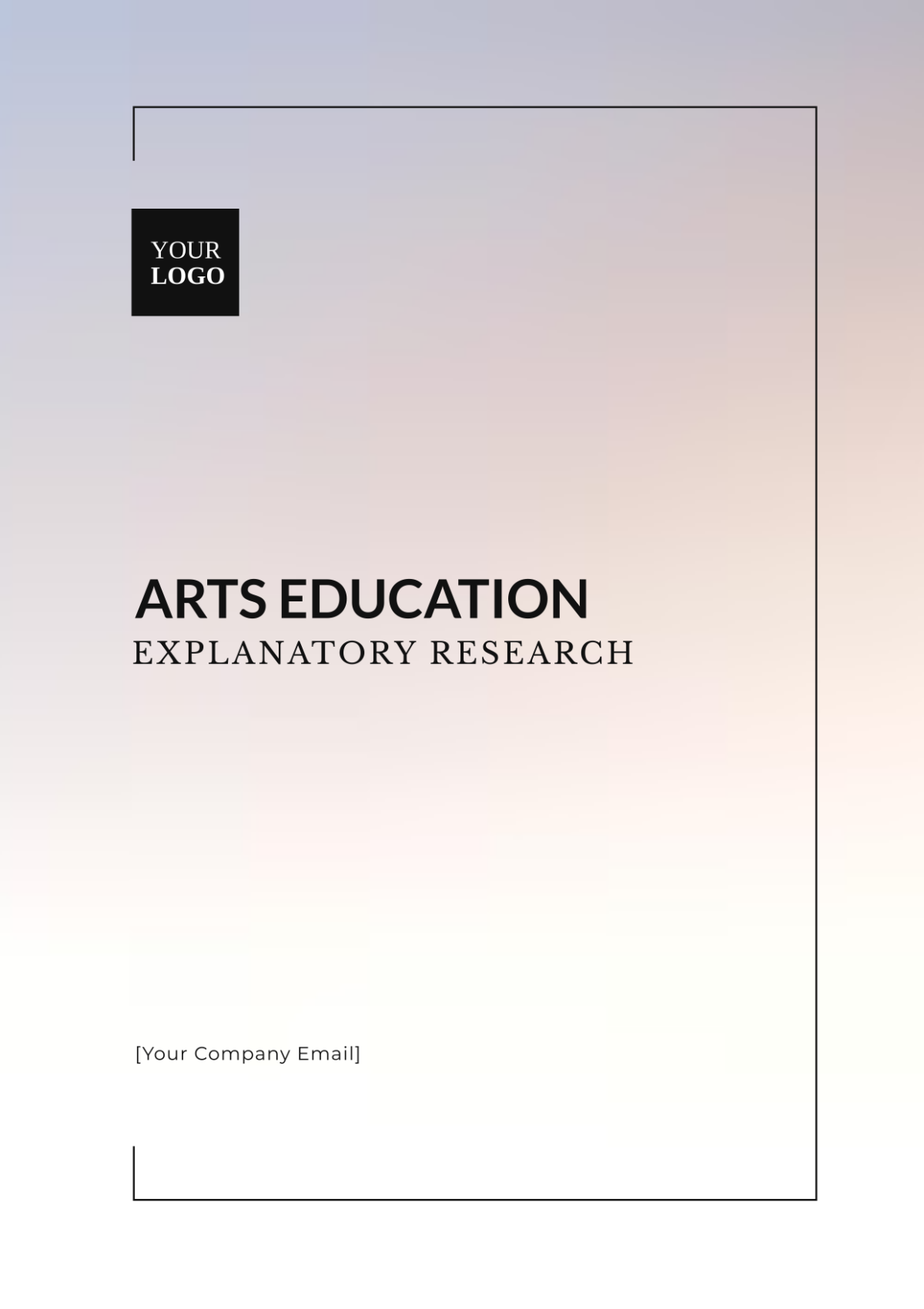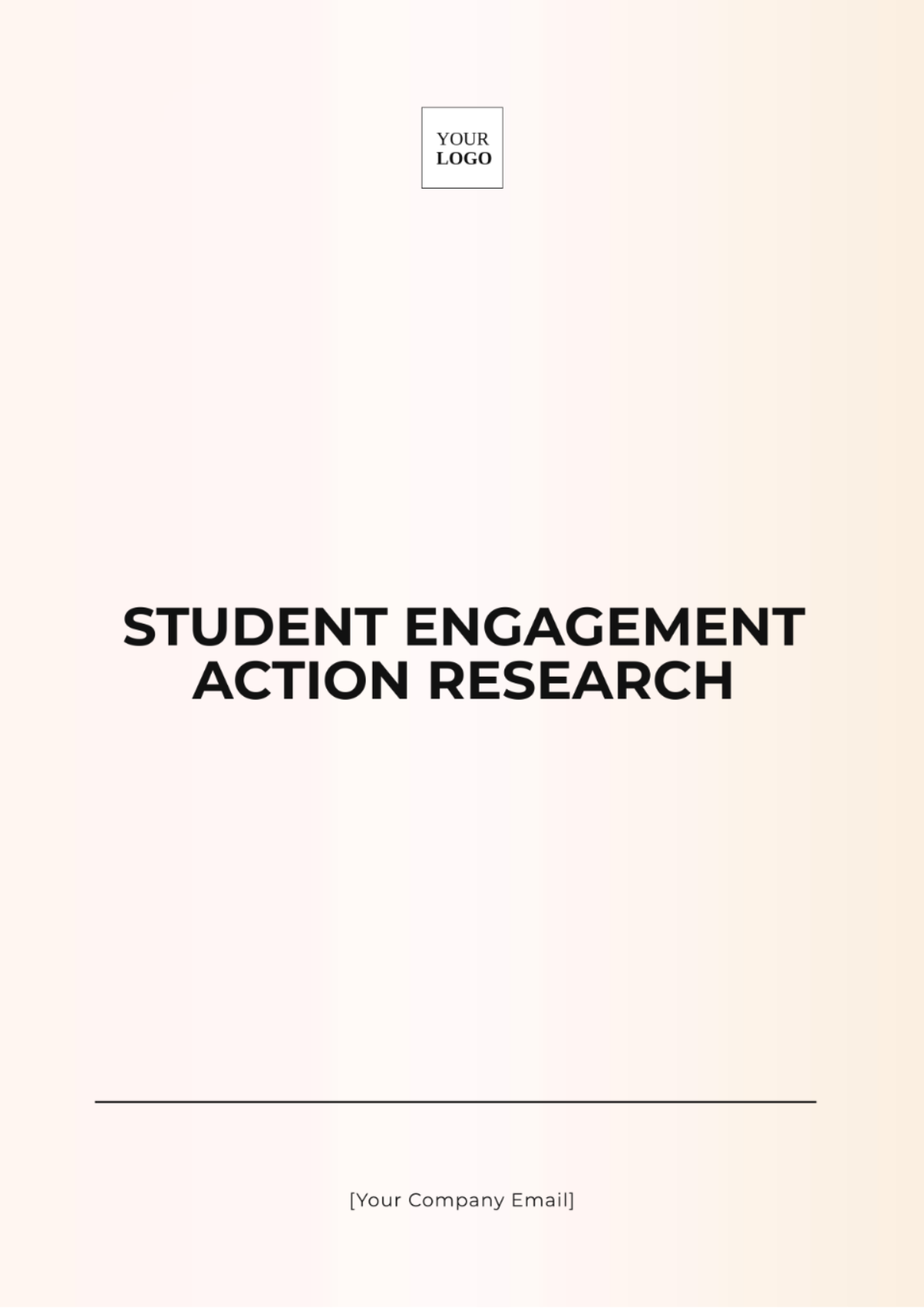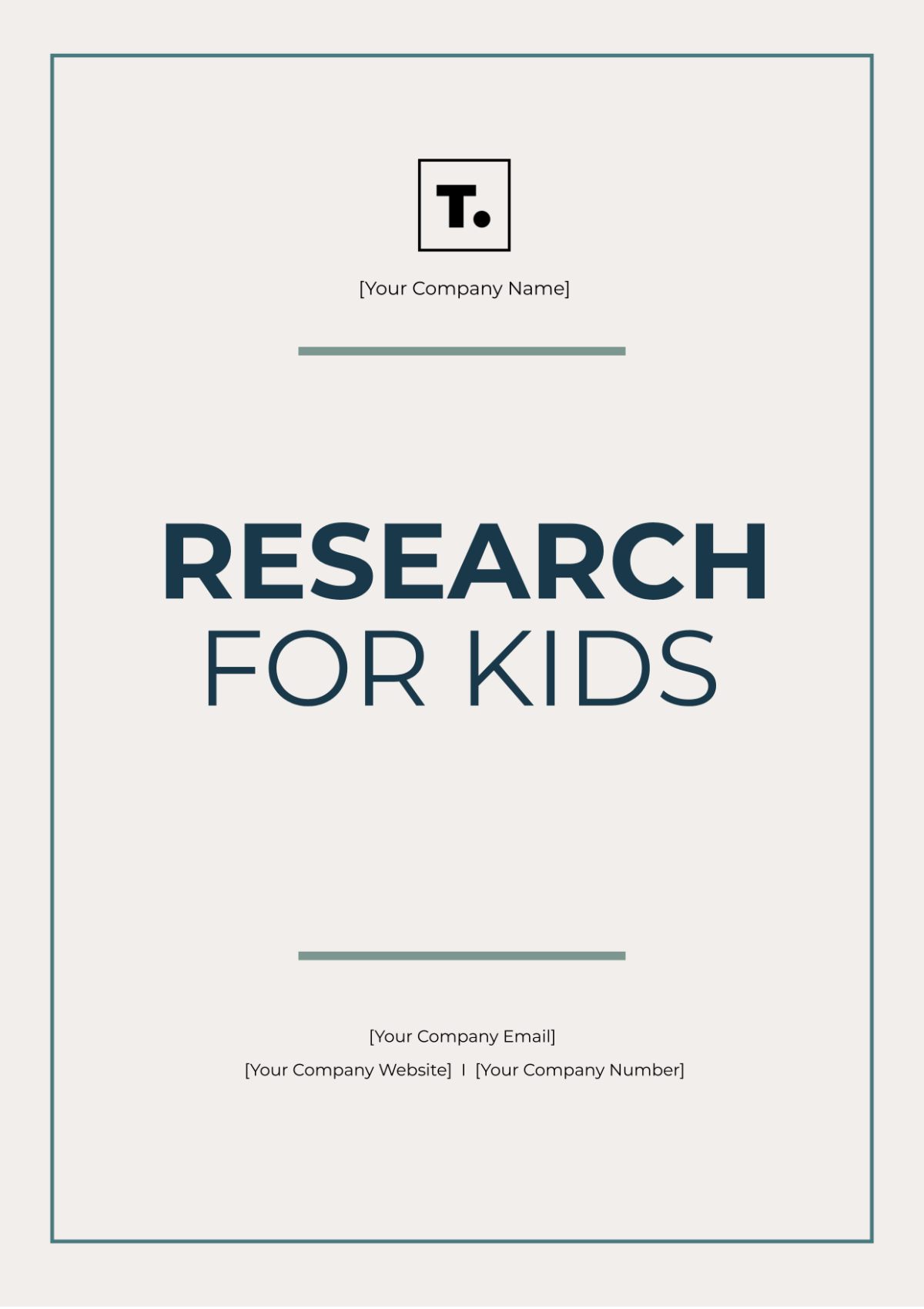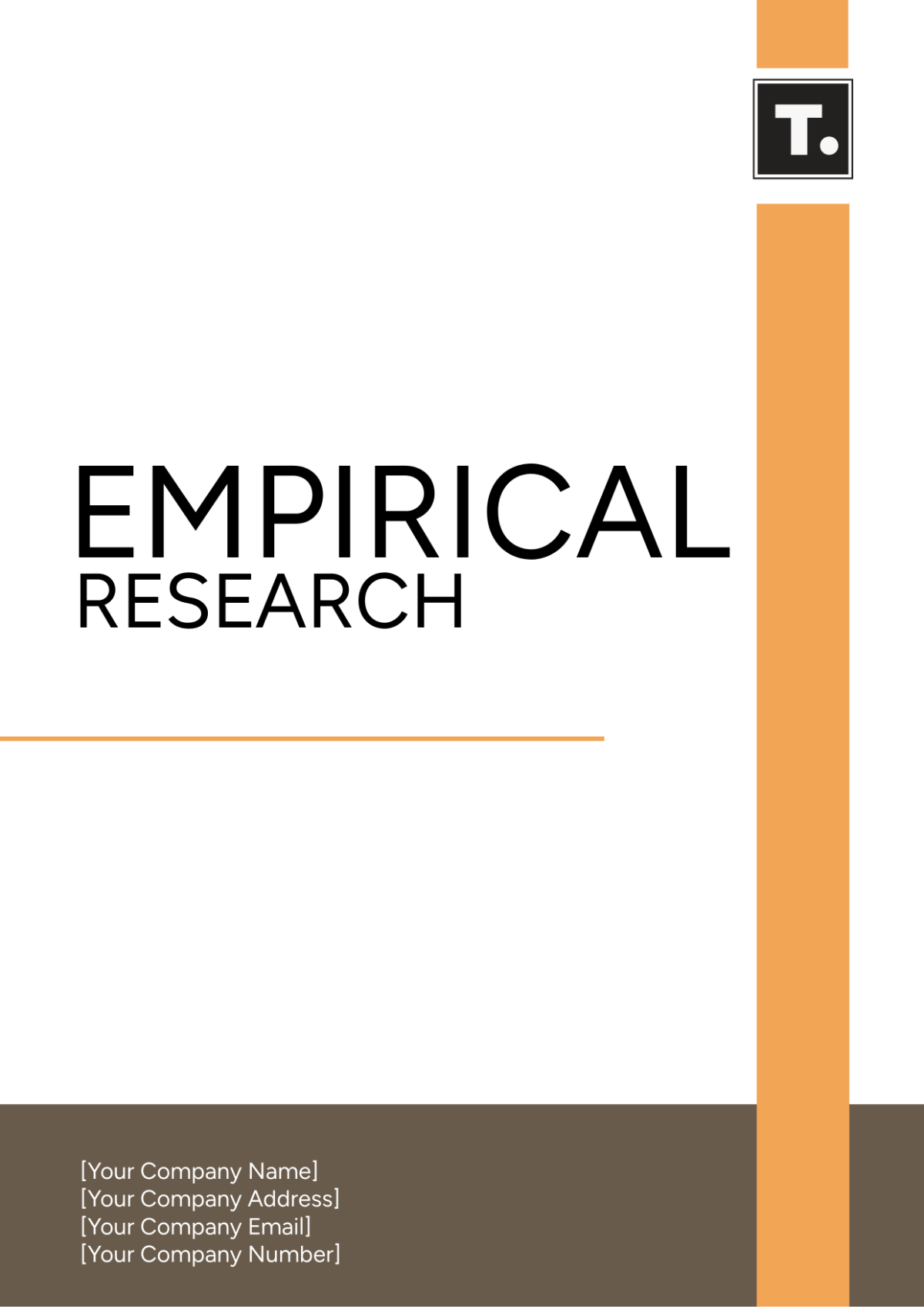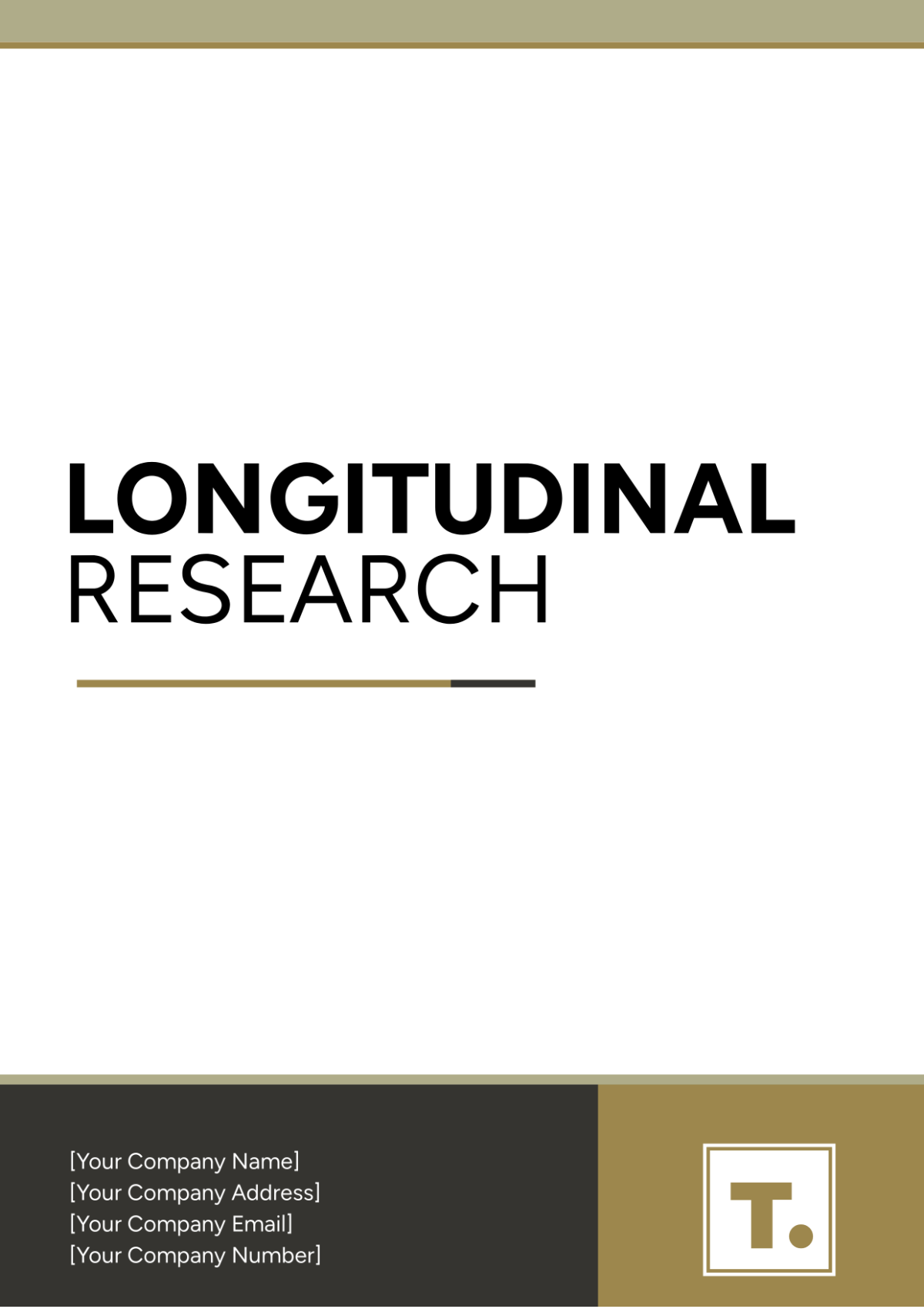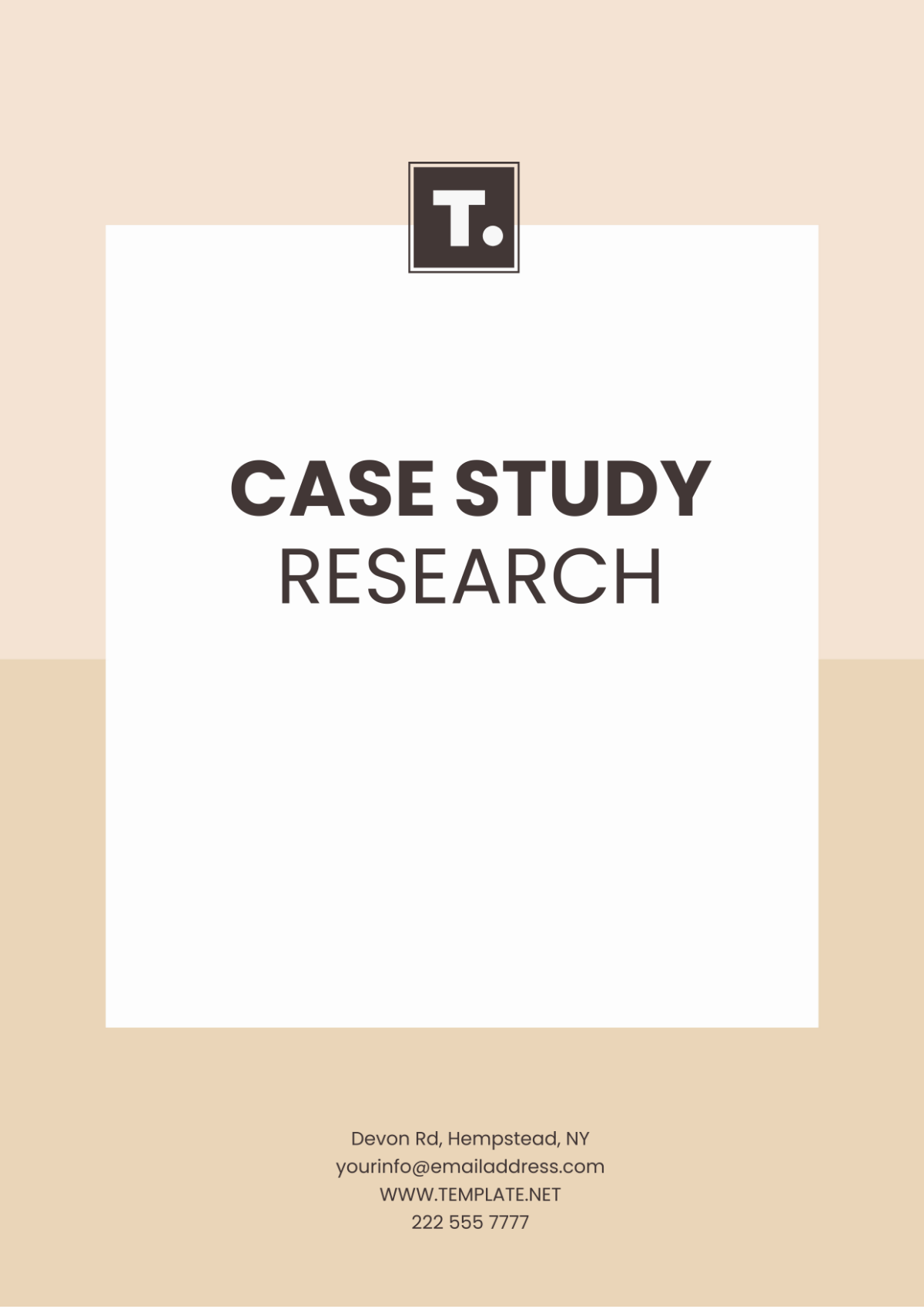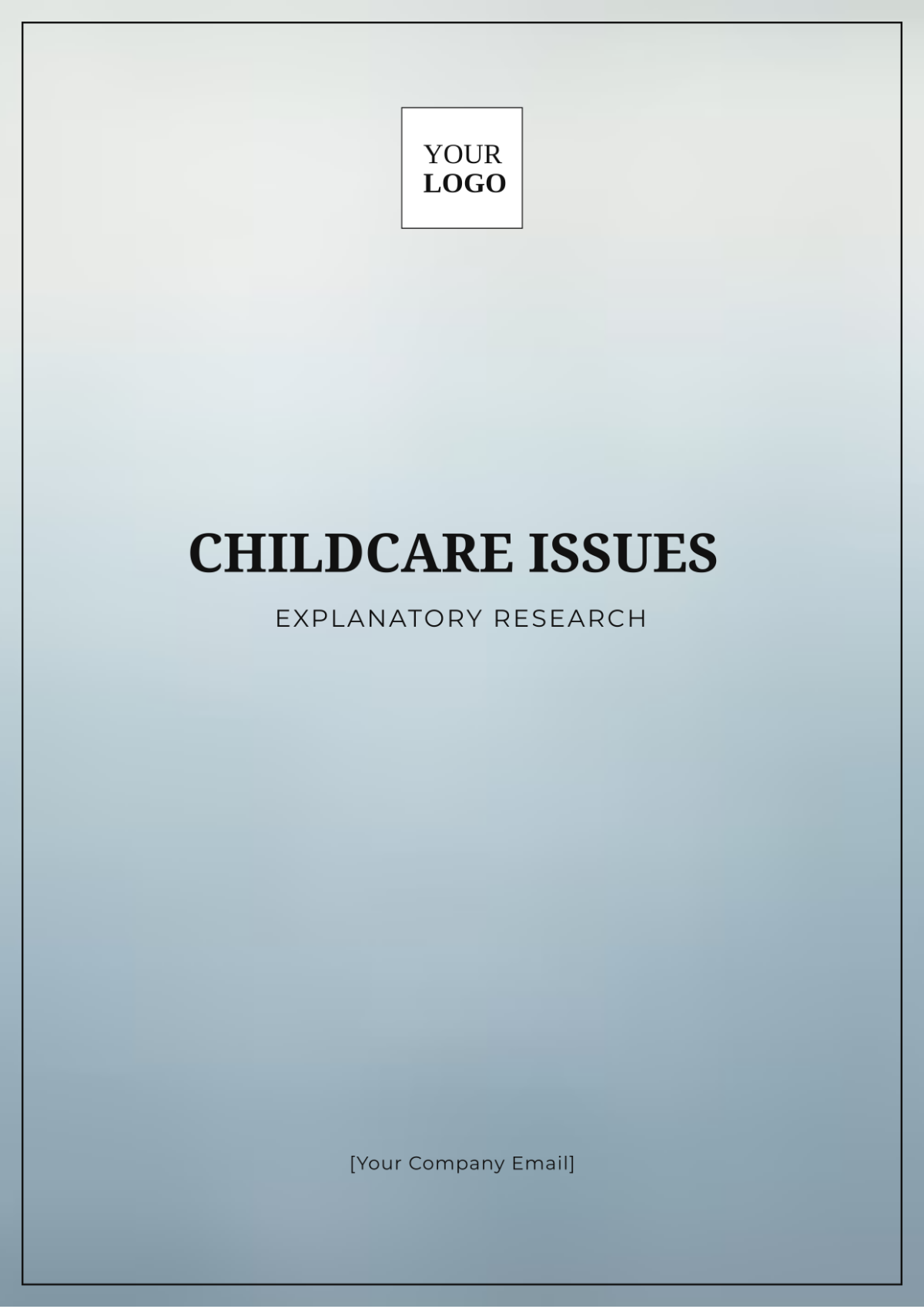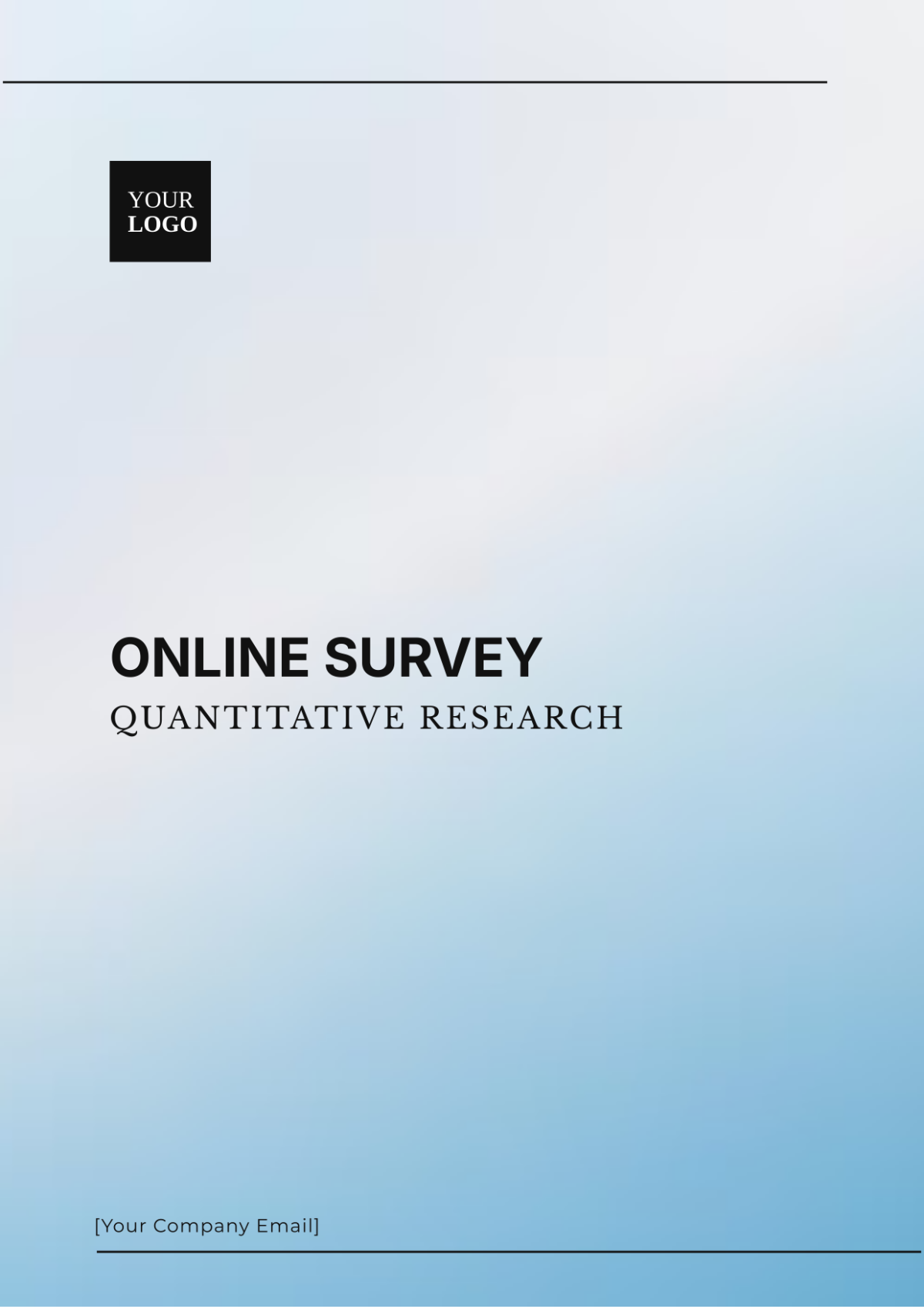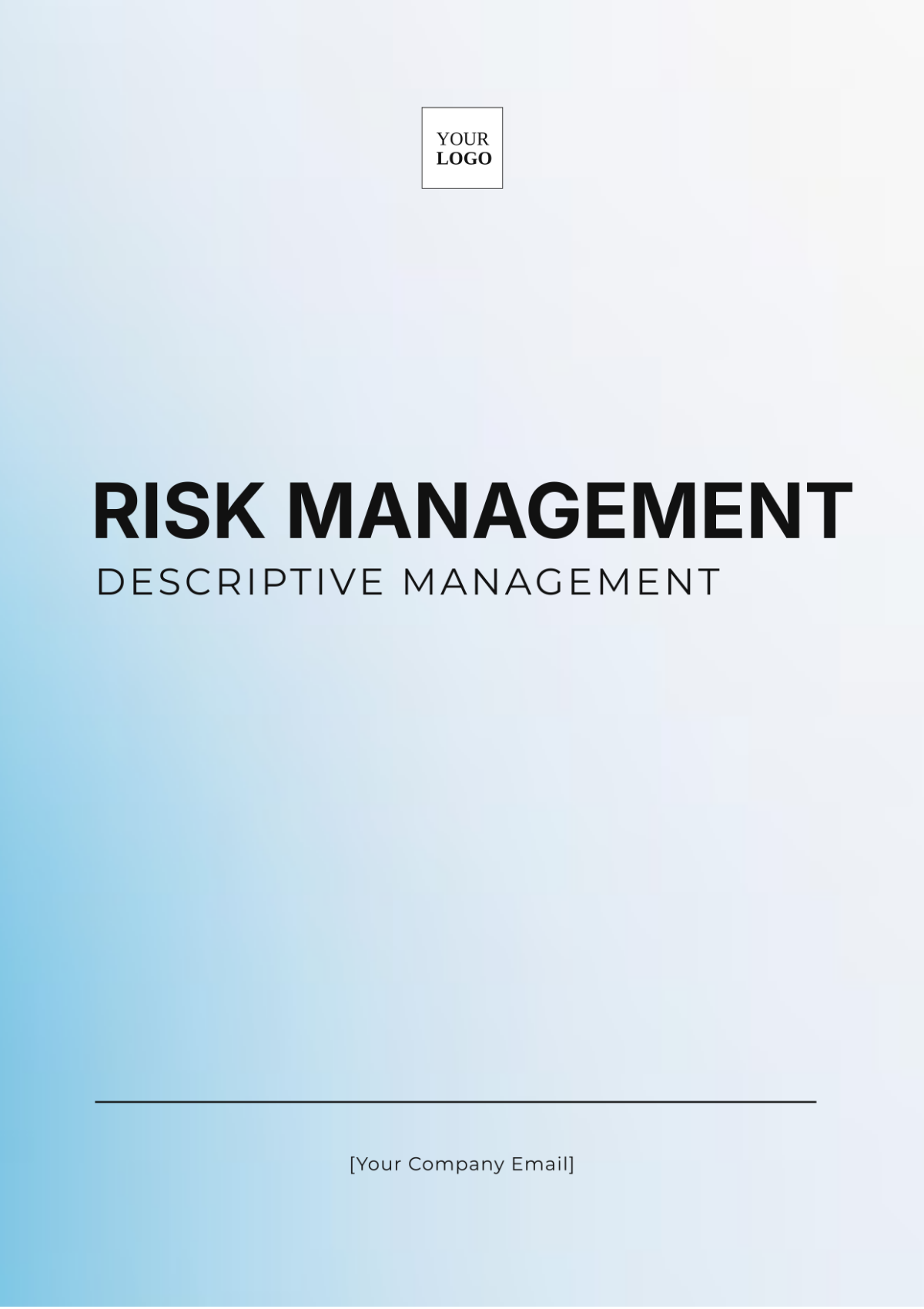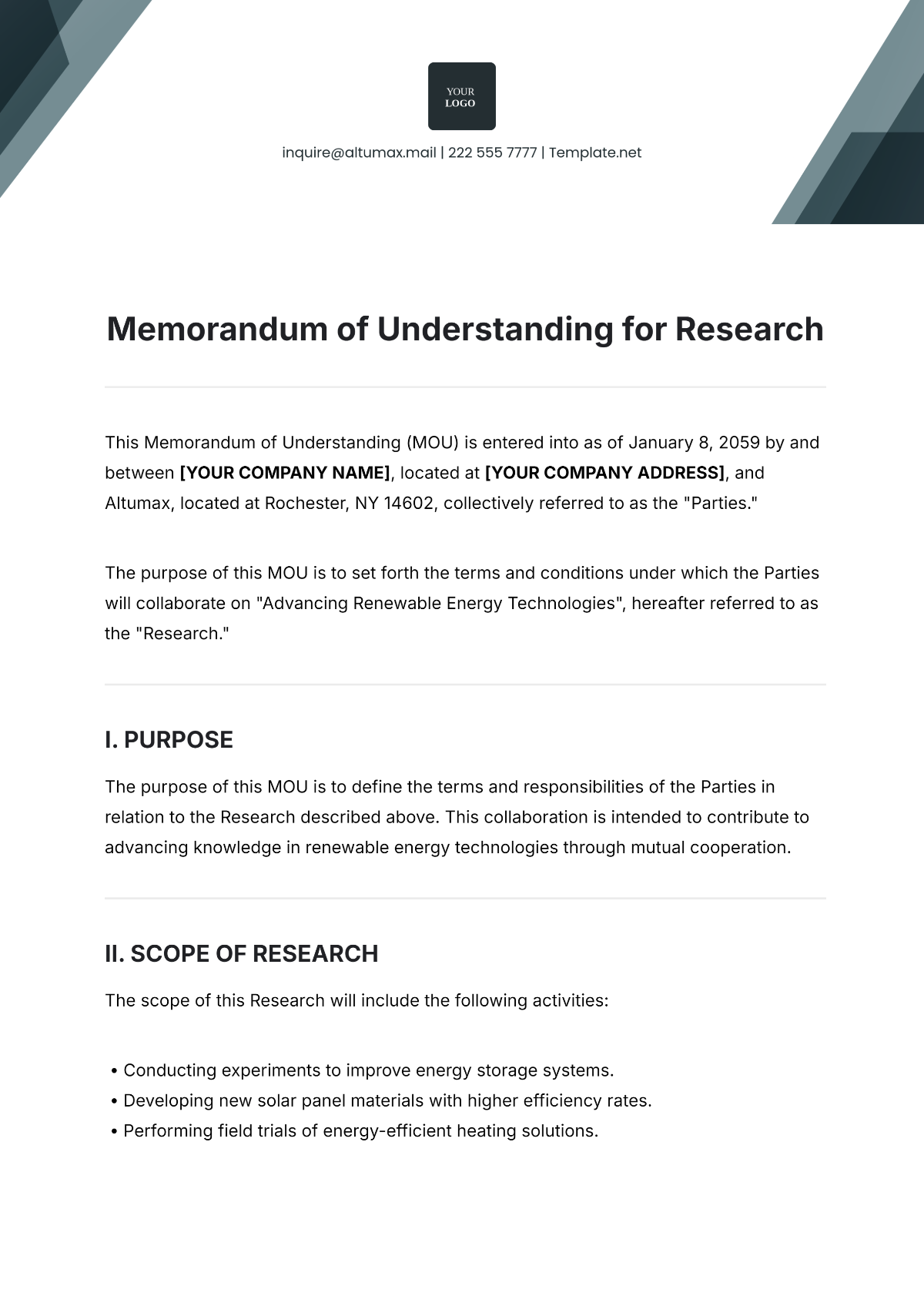Research Study Protocol
Name | [Your Name] |
|---|---|
Company Name | [Your Company Name] |
Subject | Investigating the Efficacy of Mindfulness-Based Stress Reduction in Reducing Anxiety Symptoms among University Students |
Date: | [Date] |
1. Background
The prevalence of anxiety disorders among university students is a growing concern, significantly impacting academic performance and overall well-being. Mindfulness-Based Stress Reduction (MBSR) has shown promise in reducing anxiety symptoms in various populations. However, its efficacy specifically among university students requires further exploration.
2. Objectives
This study aims to assess the effectiveness of MBSR in reducing anxiety symptoms among university students.
3. Methodology
3.1 Study Design: A randomized controlled trial (RCT) will be conducted to evaluate the efficacy of MBSR compared to a control group receiving no intervention.
3.2 Participants: Participants will be recruited from [University Name]'s student body. Inclusion criteria include being 18 years or older, experiencing mild to moderate anxiety symptoms, and not currently engaged in mindfulness or meditation practices.
3.3 Sample Size: The sample size will be calculated based on power analysis to detect a clinically significant difference in anxiety scores between groups.
3.4 Intervention: The experimental group will participate in an 8-week MBSR program consisting of weekly group sessions and daily home practice. The control group will receive no intervention during the study period.
3.5 Outcome Measures: Anxiety symptoms will be assessed using standardized measures such as the Generalized Anxiety Disorder 7-item scale (GAD-7) at baseline, post-intervention, and follow-up.
3.6 Data Analysis: Statistical analysis will be conducted using appropriate methods to compare changes in anxiety scores between the MBSR group and the control group.
4. Procedures
4.1 Recruitment: Recruitment will be conducted through university announcements, flyers, and online platforms.
4.2 Informed Consent: Participants will provide informed consent before enrollment, detailing study objectives, procedures, risks, and benefits.
4.3 Randomization: Participants will be randomly assigned to either the MBSR group or the control group using computer-generated randomization.
4.4 Intervention Delivery: MBSR sessions will be conducted by certified instructors following a standardized protocol. Control group participants will receive no intervention.
4.5 Data Collection: Data on anxiety symptoms and relevant demographic variables will be collected at baseline, post-intervention, and follow-up assessments.
5. Ethical Considerations
5.1 Informed Consent: Participants will be fully informed about the study's purpose, procedures, risks, and benefits before providing consent.
5.2 Confidentiality: Participant confidentiality will be strictly maintained throughout the study. Data will be anonymized and stored securely.
5.3 Risk Management: Measures will be in place to monitor participants' well-being throughout the study. Participants experiencing distress will be provided with appropriate support and referrals.
6. Conclusion
This research study aims to contribute to the understanding of the effectiveness of MBSR in reducing anxiety symptoms among university students. By adhering to rigorous methodology and ethical considerations, we seek to generate valuable insights that can inform interventions aimed at promoting mental health and well-being in this population.


